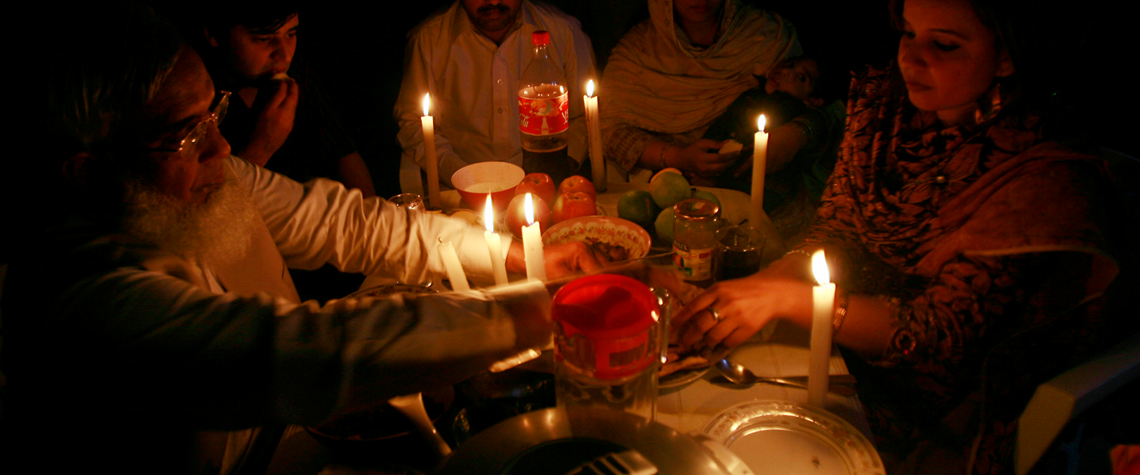Pakistan's energy headache shows no sign of lifting
Gulf and Chinese cash will not solve Pakistan's oil and gas crisis as domestic demand continues to rise
A long-running energy crisis has helped to throttle Pakistan's economy, with Islamabad turning to China first for support in 2015 and, more recently, Saudi Arabia and the UAE. Saudi Arabia has pledged $20bn, including a $10bn investment for a new oil refinery in the south-western city of Gwadar. Last year, the UAE and Saudi Arabia promised $6.2bn in aid, including deferred payments for oil and petroleum products. Gwadar is part of the China-Pakistan Economic Corridor (CPEC) infrastructure programme which involves Beijing stumping up $60bn in loans for development and new power stations, mostly coal-fired. But Saudi and Chinese largesse may not be enough to prevent Pakistan from being forced

Also in this section
11 August 2025
The administration is pushing for deregulation and streamline permitting for natural gas, while tightening requirements and stripping away subsidies from renewables
8 August 2025
The producers’ group missed its output increase target for the month and may soon face a critical test of its strategy
7 August 2025
The quick, unified and decisive strategy to return all the barrels from the hefty tranche of cuts from the eight producers involved in voluntary curbs signals a shift and sets the tone for the path ahead
7 August 2025
Without US backing, the EU’s newest sanctions package against Russia—though not painless—is unlikely to have a significant impact on the country’s oil and gas revenues or its broader economy








